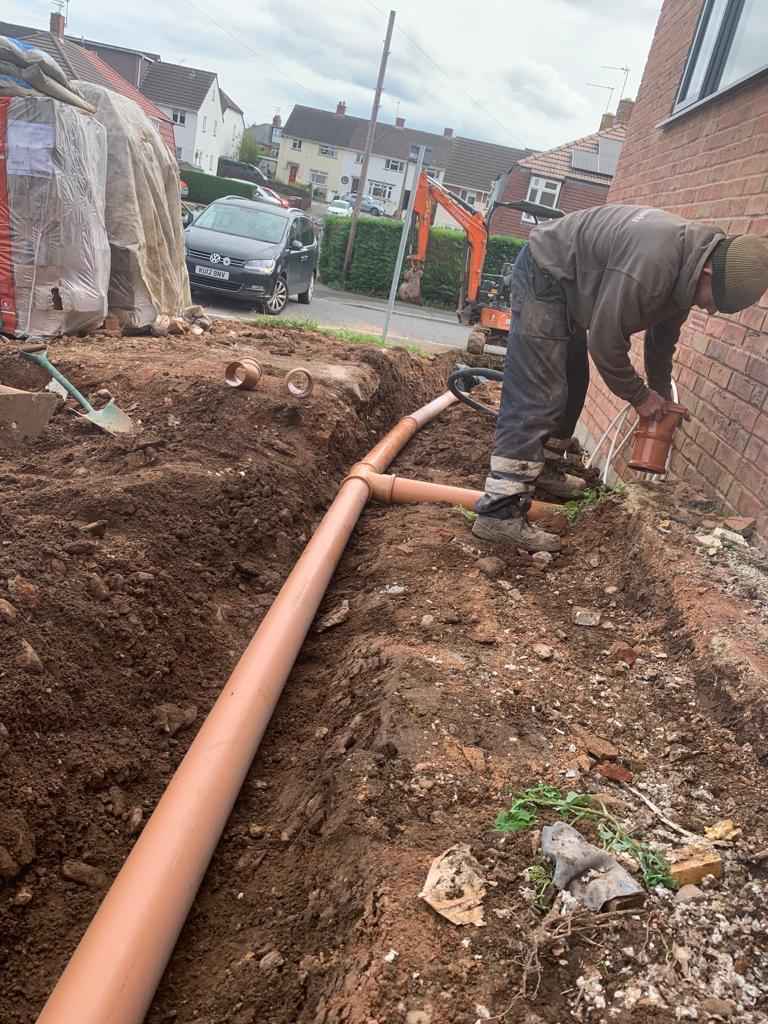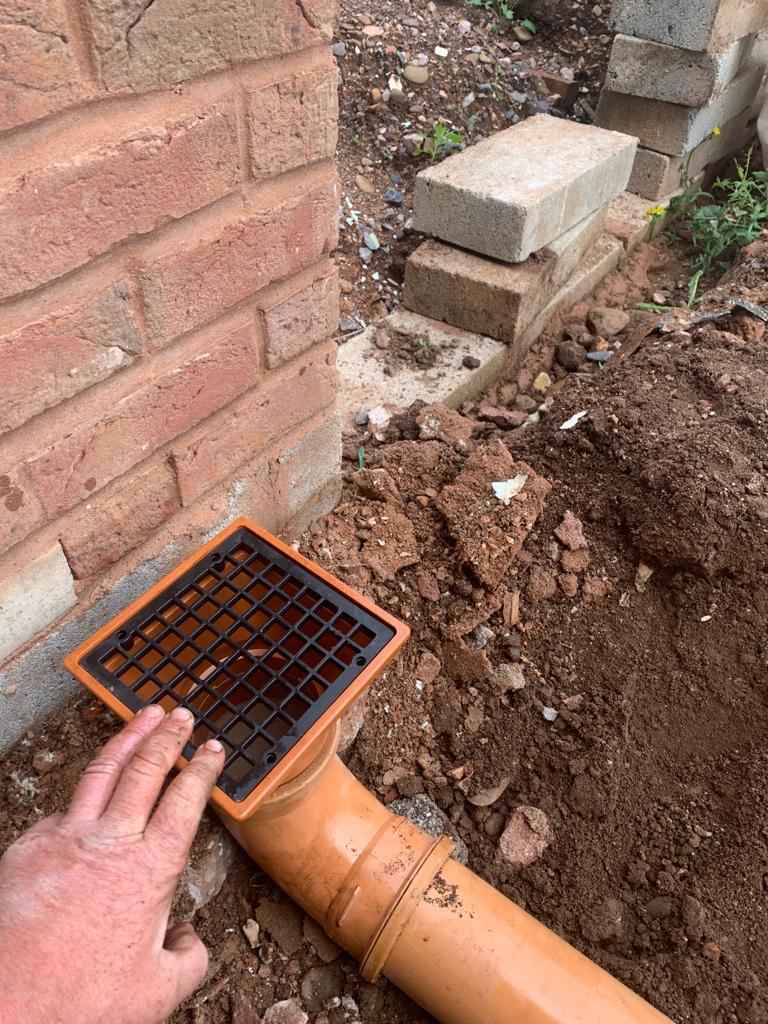What comes to your mind when you think about the repair of damaged drain lines? Backyard destruction, time waste and more burden on the pocket! Is it? But don’t worry, thanks to the drain relining, which is the top way to offer the same perks without getting into the headache of complex digging processes.
So, if you have no idea about the drain relining, you can explore what it is and how it can put off the stress from your shoulders when the lines go wrong by reading this blog.
Drain Relining
Drain relining is a process used to repair old or damaged pipes with a new line without requiring major digging or old pipe replacement. It’s like giving your drains a new lining, making them strong and leak-free again. This method is less disruptive and more cost-effective compared to traditional methods, where you’d have to dig up your garden or driveway to replace the pipes entirely.
Benefits of Drain Relining
Drain relining is a pretty awesome solution because it’s fast, doesn’t require major digging, and can last for decades. It’s a smart way to fix your drains without causing too much disruption to your property. Plus, it’s great for the environment, too, since it keeps old pipes in place and doesn’t generate the waste after tearing everything out. Let’s explore some of its additional perks.
Minimise Repair Cost
Since relining doesn’t require excavations, the cost of heavy-duty machines is eliminated. Plus, with the latest techniques, labour costs are also reduced.
Less Disruption
Secondly, the relining project can be completed in hours as minimum machinery is required to complete the job correctly. It can even be done during business hours, so you may not have to face any downtime at all.
Quick Repairs
Once again, the relining pipes are quicker to repair whenever any damage occurs. The work that takes days to complete is done within hours, minimising disruptions.
When is the Right Time for Drain Relining?
Unfortunately, you can’t describe the time to reline the drain because the layout is underground. There are many signs that indicate something is wrong with the soil.
Bad Odours
First, if you notice unusual smells with no visible cue, don’t worry. Sewerage leakage can lead to a bad smell, which can be a sign of a drain issue.
Gurgling Noises
If you hear water sounds, even when all the hoses and taps are closed, it’s because the sewer line is leaking. So, get alerted, as it’s time for a new relining.
Wet Floors
In normal conditions, water inflows and drains without any obstacles, but if it gets clogged or floods, it’s due to a bad drain system. You have to get a new relining to fix it correctly.
Sudden Rise in Utility Bills
Yes, if your water bills suddenly get high without extra water consumption, it indicates bad lines. As the wastage leads to putting more on the bills, thus you can keep an eye on your water meter’s reading.
Presence of Rodents
They love the smelly and damaged spots. If you see the rats around your yard, there’s a reason why they’re here. It’s the leakage of your home's sewer lines.

Drain Relining Process
Are you curious about how it works? Let’s explore it!
1. Inspection of Lines
Before anything is done, a professional will inspect your drains using a small camera. This helps them figure out the exact problem and the condition of your pipes. They’ll look for cracks, blockages, or tree roots that might be causing issues. The camera provides a clear view of what’s going on inside, so they know exactly what they're dealing with.
2. Cleaning
Once the inspection is done, the next step is to clean the pipes. The drain is cleaned using a robotic cutter and high-pressure water to remove debris or build-up. This ensures that when the new liner is installed, it sticks properly and works effectively.
3. Creating the Pipe Lining
Now comes the fun part. The new pipeline is created using a special technique. It can be viewed as a flexible tube that easily fits into your existing pipes. This material is specially designed to get moulded according to the shape of your pipe, no matter the size or the bends.
4. Installation
After the liner is prepared, it’s inserted into the pipe, a process known as "inversion." It’s kind of like blowing up a balloon—but in reverse! The resin-coated liner is inflated inside the pipe, and as it expands, it takes the exact shape of the pipe. The liner will cover any cracks, leaks, or damage inside the pipe, creating a new, smooth surface.
5. Curing
Now, when it comes to putting the liner in place, it needs to set and harden. This is called curing. The curing process can be done in a few ways: using hot water, steam, or UV light. This hardens the resin, and in no time, you’ve got a strong, durable pipe within your old pipe, all fixed and ready to go.
6. Final Testing
Once the curing is complete, the professional will test the new liner to ensure everything works properly. They’ll check for leaks, blockages, or weak spots, just like the initial inspection, with the help of a camera to ensure your drain is as good as it should be. If everything passes the test, the job is done!
Whom to Hire for Drain Relining?
We hope you now understand the concept of drain relining. Yet, if you’re dealing with damaged or old drains and want a reliable, cost-effective solution, drain relining is the way to go. But who should you trust to get the job done right? Look no further than A and M Groundworks! With over 15 years of experience, a team of trusted professionals, and a reputation for delivering top-quality results, we’re the ones you can depend on for your drain relining solutions. Don’t let drainage issues disrupt your day – call A and M Groundworks now at 01392 984088 or email us at ajmulligan@mail.com to get started. Your pipes will be as good as new in no time!

